LaRon is a public health nurse practitioner and researcher working in Canada, the United States and Africa. Part one of this interview ran last week.
What are your observations about the health care provided to the black community in Canada compared with the United States?
“The major pro is that there are less financial barriers to care in Canada than in the US. I think everybody knows that. Theoretically, if people need healthcare they can get it in a way that is very difficult for many black people in the US.”
“The challenge in Canada is a failure to acknowledge the impacts of racism and white supremacist logic in health care encounters. Race is so front and center in the US that you just can’t ignore it. I think in Canada it’s ignored even though the impact is there.”
“I was in clinic once, and we were reviewing the patients we were supposed to see that day. One of them was a teen mom from an Asian family whose father had kicked her out. We had seen this before – when there’s conflict in a family after a young mom becomes pregnant – but this case was extreme. So, I go in the exam room to see her. I pull off the cover from the baby carriage, hug the baby and do an assessment. It’s a black baby! Nobody thought to say that she had a baby from a black man and that this had something to do with why her family was totally rejecting her. It didn’t come up at all! I don’t think they were being malicious but I see that a lot here.”
“In the US somebody would have immediately said, ‘Listen, she has a baby from a black man. That’s not going to fly with some families.’ Then it could have been addressed from that standpoint. That’s one example, but I think it happens on a broader scale and has implications for how providers downplay the role that racism plays in some of the challenges that patients face. For example, studies have shown that patients in the ER who are black are less likely to get pain treatment. That is real. That happens today.”
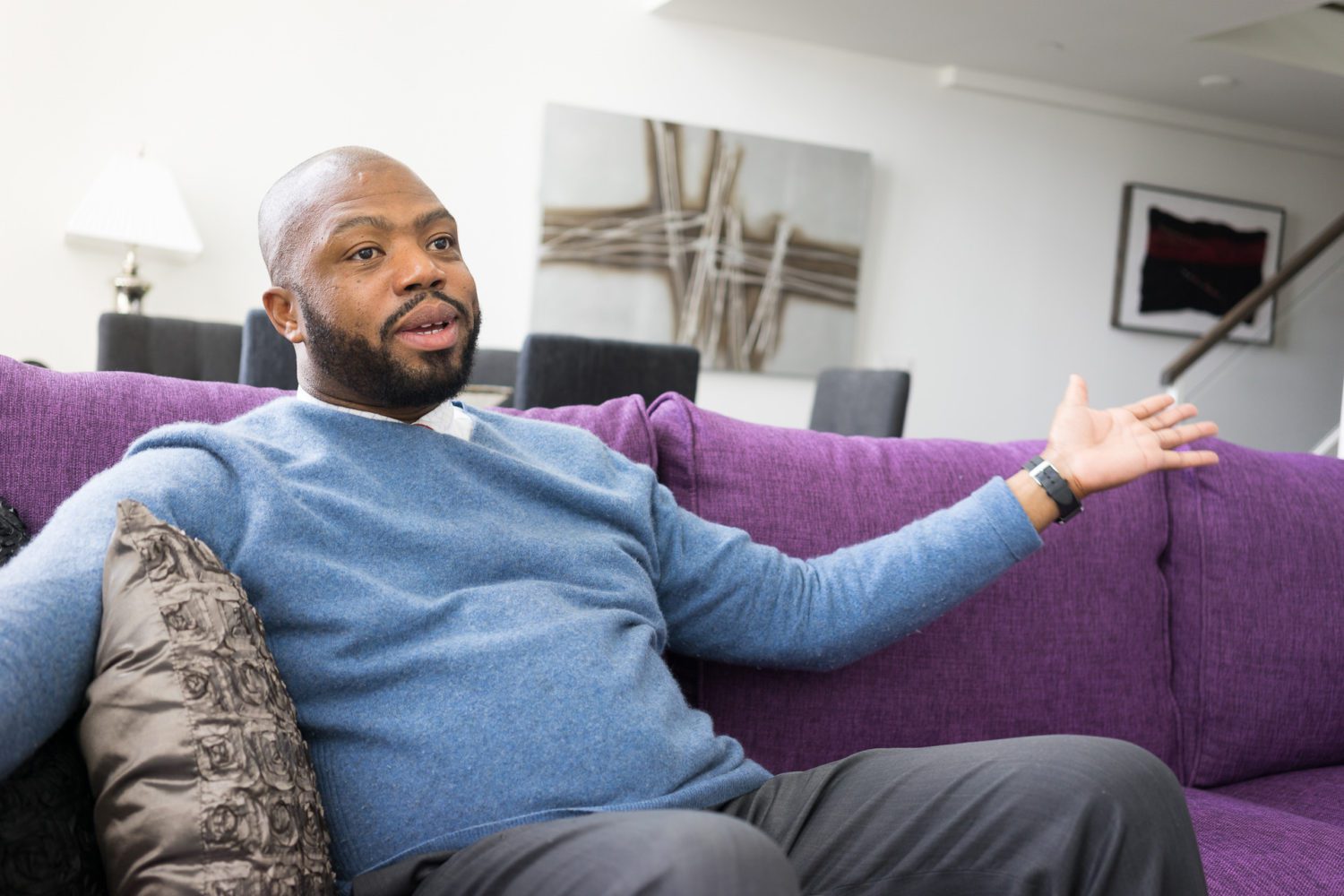
What could health care institutions do to help increase awareness about the importance of race?
“It’s a hard conversation to have because when people think about race, they don’t think about whiteness as race. In many people’s minds, race means other people with different colours. It’s hard because sometimes white individuals respond as if they’re being personally attacked. ‘I am not doing anything to discriminate against somebody. So why are you targeting me?’ Without understanding that you get to benefit from whiteness as a race even if you are not doing anything.”
“It’s useful to ask people to think about the implications of saying, ‘I am not discriminating against anybody so I don’t have a role in this.’ People must see that they are being complicit in a system that privileges whiteness and criminalizes blackness and indigenous people.”
“It’s been hard in the US but they have been grappling with anti-black racism for a very long time. I don’t know how to do it in Canada. I think it could be touchy – it’s painful!”
“We have seen some developments over the last year or so that are encouraging. Like the emergence of Black Lives Matter Toronto and its intervention in the Pride Parade. The LGBT community tends to talk about LGBT in general terms, without any attention to the fact that there are black people within the LGBT community who do not have the same experiences as whites. The privilege that allows mainstream LGBT leaders and communities to say ‘we’re all the same’ when it is politically expedient and ignore the realities of life for Black queer, same-gender loving and trans people is something that should be exposed through social protest and ultimately changed. I think people are recognizing that there’s a need to really look at who we are as a society.”
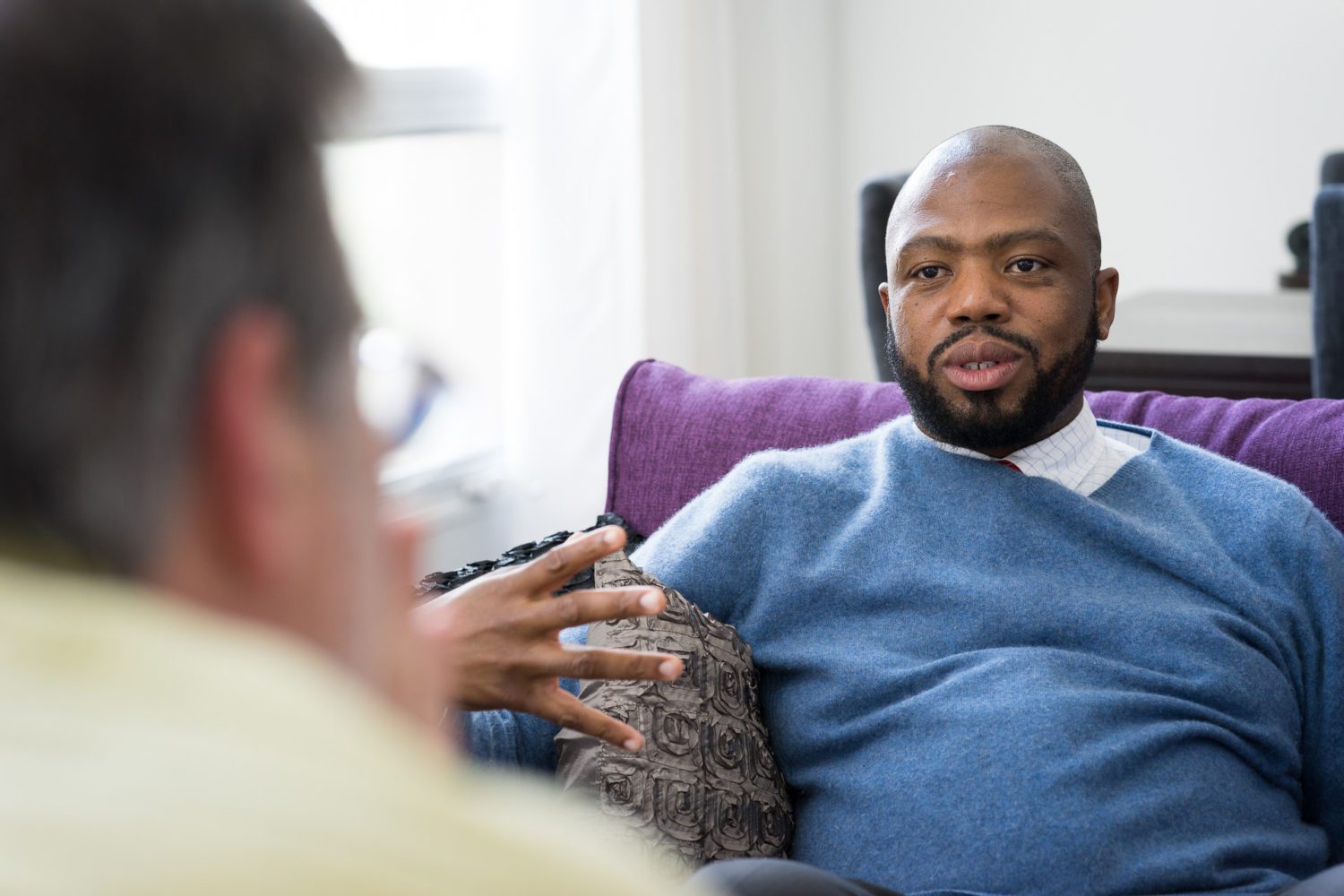
How did you get involved in doing research in Africa?
“The work in Ghana is focused on HIV positive men who have sex with other men. I got involved in that because I went to a conference years ago in Ghana to talk about research. Part of the conference focused on HIV in Africa and the African diaspora, but there were no sessions on gay men! I thought, ‘How can you be talking about HIV among African descendant people around the world and not have a conversation about gay men?’ News must have spread that I was there to talk about that topic. Some guys showed up at the hotel demanding to see me. They said, ‘We need your help. We work with MSM [men who have sex with men], but we can’t get any researchers to work with us.’ ”
“I said, ‘I live in Canada. I am just here for a conference. Get someone from the university here to work with you.’ And they said, ‘You don’t understand. They won’t or they can’t. The risk for a researcher, even if he’s not gay, even if she’s a woman taking on this topic, is too much. And meanwhile, people are dying.’ ”
“I was a first year professor feeling real big about myself and I was like, ‘You know, I am just here for a couple more days and am going back to Canada.’ They said, ‘It must be nice! You come out here with your PowerPoint and stand up and talk about gay men in Ghana. Then you finish, and get to go back to your hotel and have some drinks.’ ”
“They convicted me about my status as a professor and me having this US passport, which provided me with a lot of power. They argued that nobody from Ghana could have gotten up there and done what I did, without there being repercussions. They convinced me by pointing out my privilege, while at the same time acknowledging me as ‘brother.’ ”
“I came back to Toronto and it just kept gnawing at me. So I contacted them and said, ‘Let’s figure out what we can do.’ We applied to a lot of places, but they would not fund us. ‘You want to study gay men in West Africa? People have tried and it doesn’t work. It’s too dangerous.’ One group was looking for high risk-high reward proposals – Grand Challenges Canada. We said that we wanted to find gay men in Ghana, map their social networks and understand what we could do to help reduce new HIV infections. They funded us.”
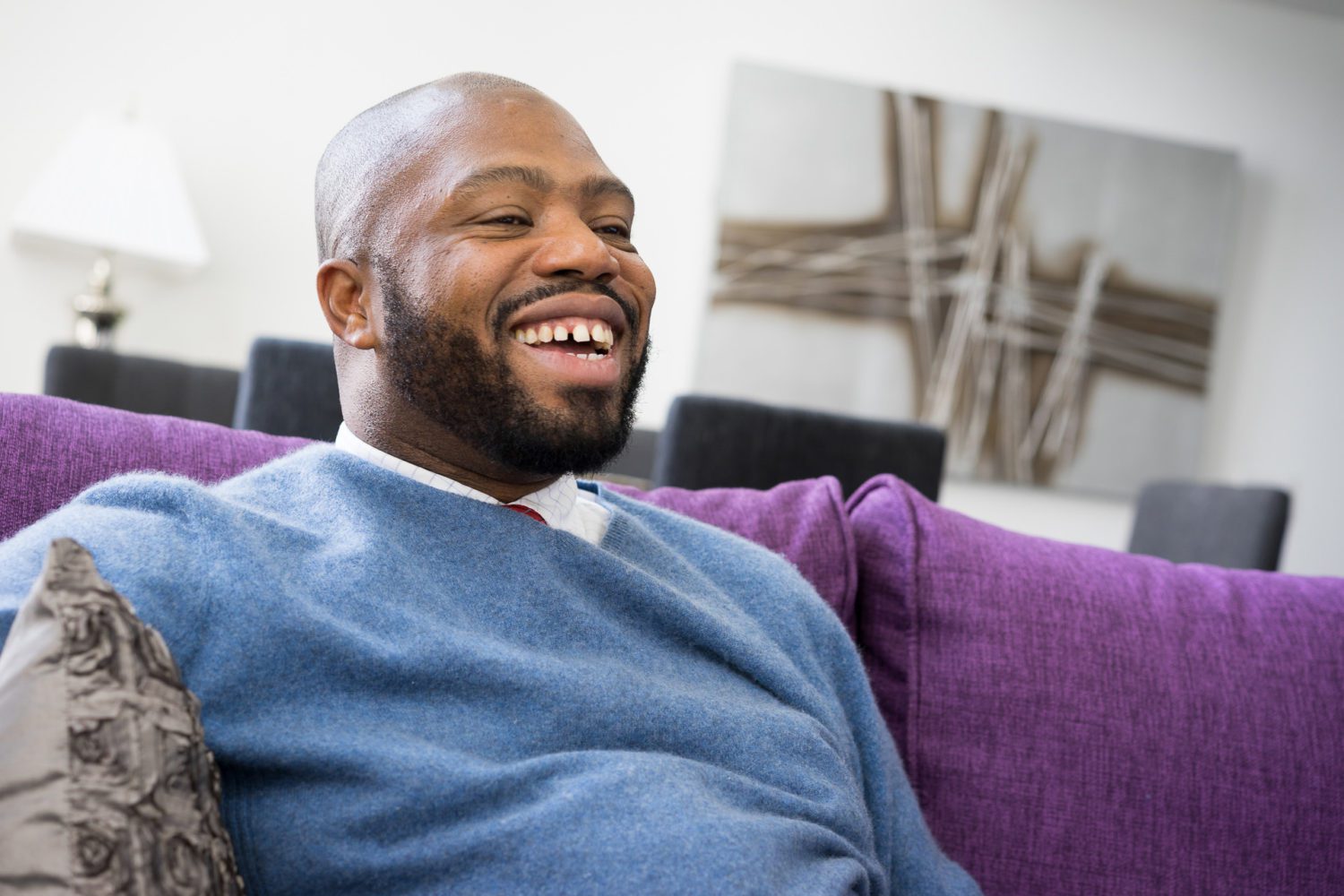
“For a long time we were telling the guys in Ghana that they would not reduce their viral load and get well unless they went to this clinic. They would push back. ‘It’s too much! They stigmatize us. They look at us funny. It’s too stressful.’ ”
“The fear of being judged or shamed is a powerful force, and I had underestimated it. I was looking at them falling apart, and they were refusing to get care. This had to be a very powerful fear, that in the face of their bodies failing, they would rather sit at home than go into the clinic.”
“That’s where the idea of a mobile app came up. I thought that we had to develop some way for these men to get clinical support, report their symptoms, have somebody assess the information and give them some feedback. Allow them to be connected to clinics, but not require them to go into these places where they are going to be stressed out and not tell the nurse what she needed to know. If they are scared they are not going to say, ‘I have itching in my rectum and I had sex with any number of guys last month.’”
“In the Ghanaian culture, it’s difficult for a man to sit face to face with a woman, having to disclose his engagement in sexual behaviours that are very taboo. We’re still doing the study – our last enrolment will be at the end of this month – but we are hearing that the men are using the app. They ask some very provocative questions that I think they are using to test the nurses. We tell the nurses that our goal in the study is to make sure these guys have good experiences and get evidence based information. So, no matter how outlandish the question seems, we ask the nurses to take it very seriously. That surprises the guys. We are hoping that, as over time they feel like the nurse respects them, when the nurse says that the symptoms they are reporting are worrisome, they will be inclined to follow a recommendation to go to a clinic for follow up.”
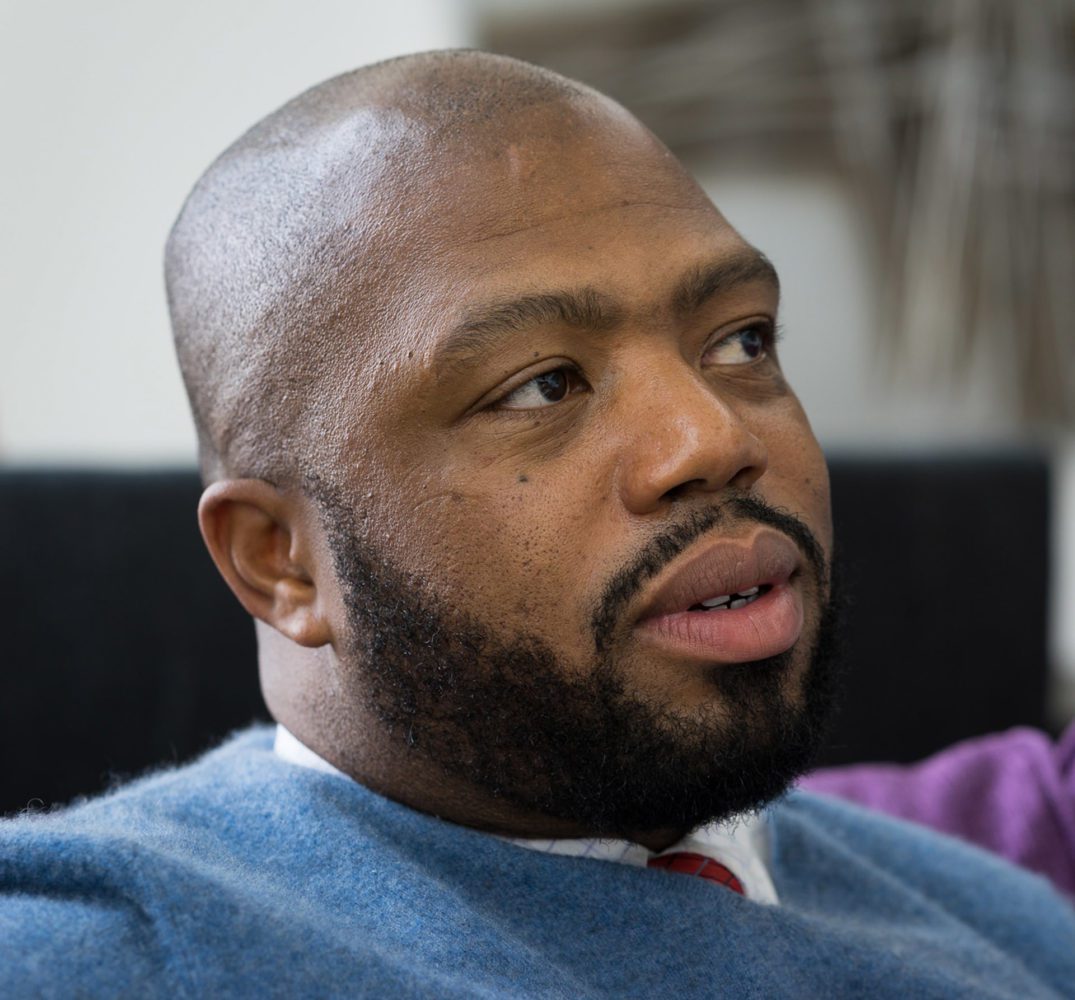
What do you say to people who say we shouldn’t be spending scarce Canadian research dollars in Africa?
“I would just say there’s a lot of innovation in Africa that we can learn from. We are testing the idea of an app here in Ontario, and that came out of work in Africa.”
“I believe there are a lot of innovations that we have missed because many people only looked to low income countries as a source of exportation of innovation and not importation of innovation. There are a lot of things that Africans have figured out that we could use to improve what’s happening here.”
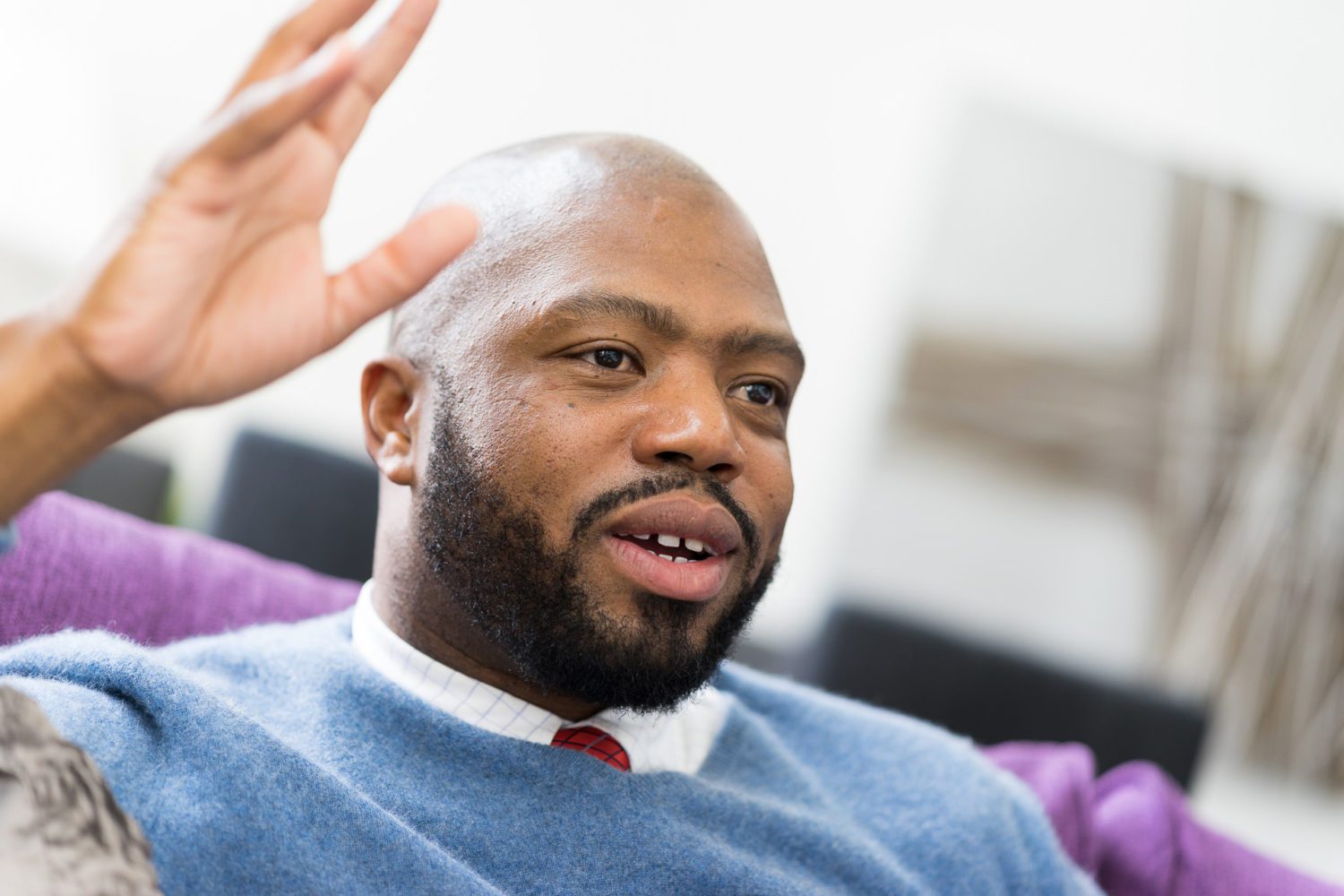
“We are now working on making trauma informed care available to people with HIV in Ontario. There is a lot of literature that the actual diagnosis of HIV is a traumatic event. Let me give a quick example. There was a woman who was taking all her cardiac meds, diet, whatever. But her anti-retroviral pills – she was not taking them. Finally a physician asked her, ‘What’s going on? You are getting really, really sick. You know how to manage your medications but you are not taking your HIV meds.’ And she says, ‘Every time I go to that pill bottle it reminds me of what they did to me!’ The sexual assault. The reason she is living with HIV. Now she has to go to this bottle every day and that is the reminder of the trauma that she suffered. When I heard her story, I thought we have had to figure out how to address this.”
“Our beliefs about why people do not take their medication are always behavioural. ‘They are not motivated. They are not organized.’ No! She was organized and she was motivated but that experience of going to that bottle was triggering something that was too much. Just like those guys in Ghana who said they couldn’t go to the clinic. We are testing a treatment for rapid recovery from symptoms of PTSD. It’s been used with combat veterans in the army to treat trauma.”
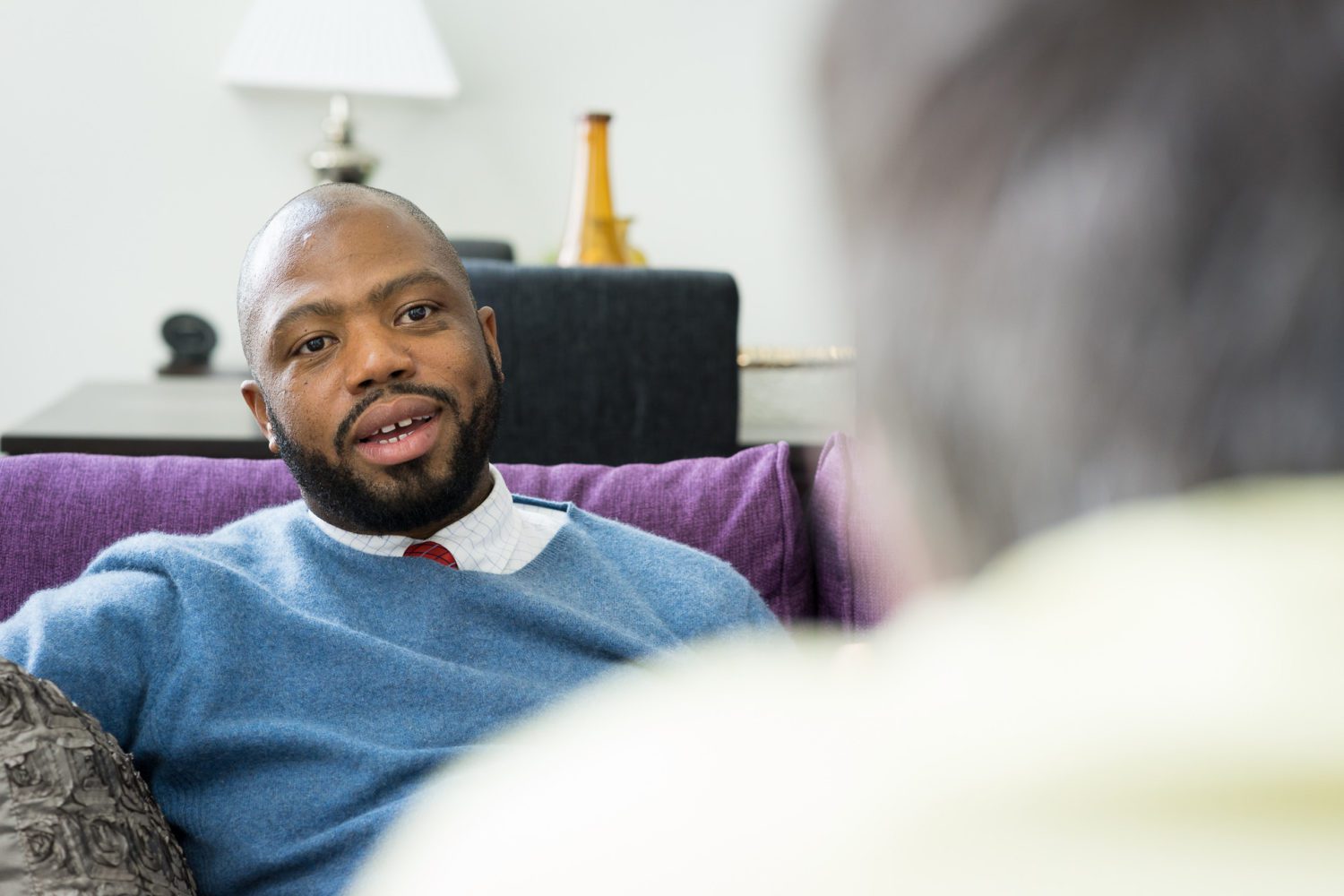
Is there anything that you personally have learned from your experience in Africa?
“It’s shaped my approach to working with African descendants in the US and Canada. There has been this big issue about black men being on the down low, being in the closet. Being in Ghana helped me understand that black men who have sex with men may not be in the closet. They may be rejecting the categories we apply to them. In Ghana most of our study participants have female partners. And I am not sure they would say they are bi-sexual. I am not sure they would say they are gay. They may say, ‘I have a woman and I have a guy.’ They just don’t accept the labels. They may say, ‘I am not gay.’ It doesn’t mean that they don’t have sex with men. It means, ‘I love who I love when I love them.’ And sometimes it’s a guy only, sometimes it’s a woman only, sometimes it might be both. Being in Ghana helped me see how people manage their sexuality and try to resist what they might see as colonial impositions about who they should be.”
“A lot of funding from the States requires guys to be “gay.” One of the Obama administration’s signature foreign policy achievements was trying to fight gender and sexuality discrimination across the world. A lot of State Department funds were used to help countries get away from discriminating against LGBT people.”
“Hilary Clinton made a comment that gay people are not western inventions; gay people are in every culture. The guys we worked with were furious. They were saying ‘Of course it’s a western invention!’ And these were guys who had sex with other men! But they were saying, ‘Your construction of gay is not us. Our expression about sexuality is not the same as yours.’ ”
“There was an event at the American embassy that showed a video of two men growing old together in their log cabin home in the mountains. They were partners, so it was celebrating gay pride. The guys in the room were very confused. They said, ‘Where are the children?’ They understood the idea of two men being together, but they were saying, ‘This is not our culture. We wouldn’t have a life without our families around. Our lives wouldn’t look like that.’ That was an important message for me. I grew up in America and had a very fixed idea of what it meant to be gay, and I thought that was universal. But the truth is, it’s not universal. Same gender attraction is probably the same around the world, but how that manifests, how people experience it, is very culturally nuanced.”


The comments section is closed.